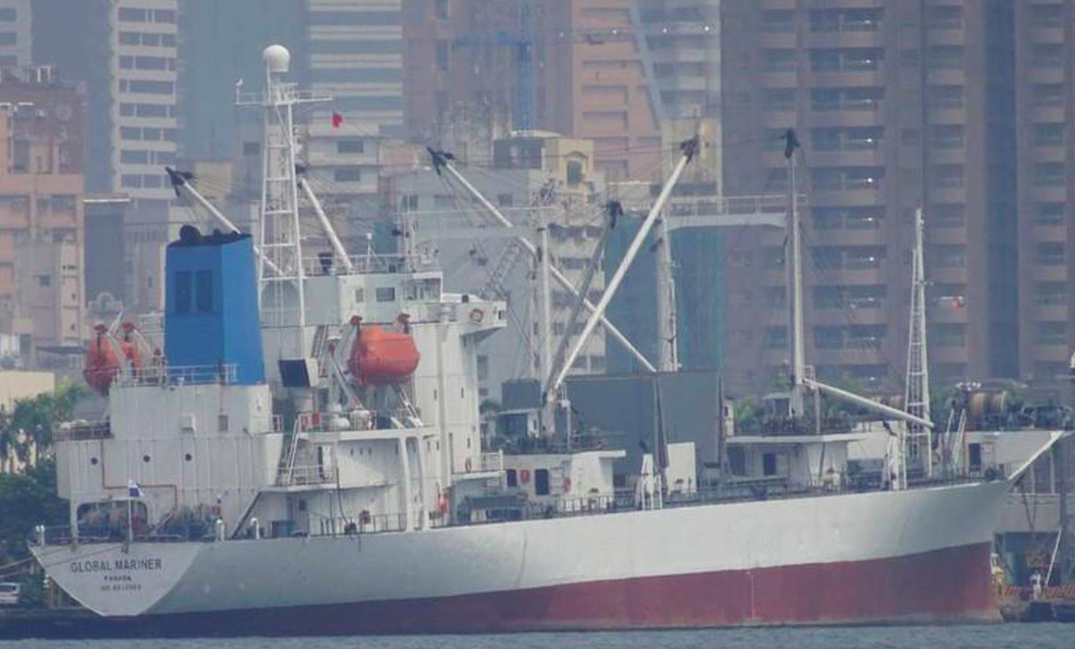The networks of Panamanian laws are extended to counteract illegal fishing within its waters, with the creation of an inter-institutional coordination center for the monitoring, preservation and protection of the marine and coastal ecosystem.
This center will be made up of representatives of the ministries of the Environment, Public Security, the Aquatic Resources Authority and the Panama Maritime Authority, as established by an executive decree signed by the President of the Republic, Laurentino Cortizo Cohen, and the Minister of Environment, Milciades Concepción.
Illegal fishing, said Concepción, has a negative impact on marine ecosystems and their fauna, for which this center has a great responsibility.

“We are going to have platforms and other technological and inter-institutional coordination instruments so that we can all follow up” on this crime, said the official, who added that now “it will be difficult for someone to do something incorrect, improper, or not want to comply with the rule”.
Executive Decree No. 15 of December 19, 2022, which establishes the center and dictates other provisions, indicates that it must coordinate, plan, establish and operate at the inter-institutional level the national monitoring, control and surveillance activities aimed at preventing, discouraging and eliminate illegal, unreported and unregulated fishing, as well as prevent pollution of marine and coastal ecosystems.
In the same way, it is indicated that among its responsibilities, it will have to prepare and provide to the Ministry of Environment the draft budget and annual operating plan, in addition to collaborating in the transfer of practical and technological knowledge, among the institutions that comprise it and will contribute to the complete and effective monitoring, control and surveillance of illegal, unreported fishing and coastal marine pollution.
Due to the lack of actions to combat illegal fishing, Panama has been under international scrutiny and is the only country to obtain, twice, a yellow card, as a non-cooperative in discouraging this crime before the European Union (EU).
Precisely, it is expected that this month of January the EU will decide if Panama leaves the yellow list, which means the warning that Panamanian seafood exports could be prevented, or is sanctioned with the blockade of its exports by the second most important market for the country.
With information from Bloomberg

